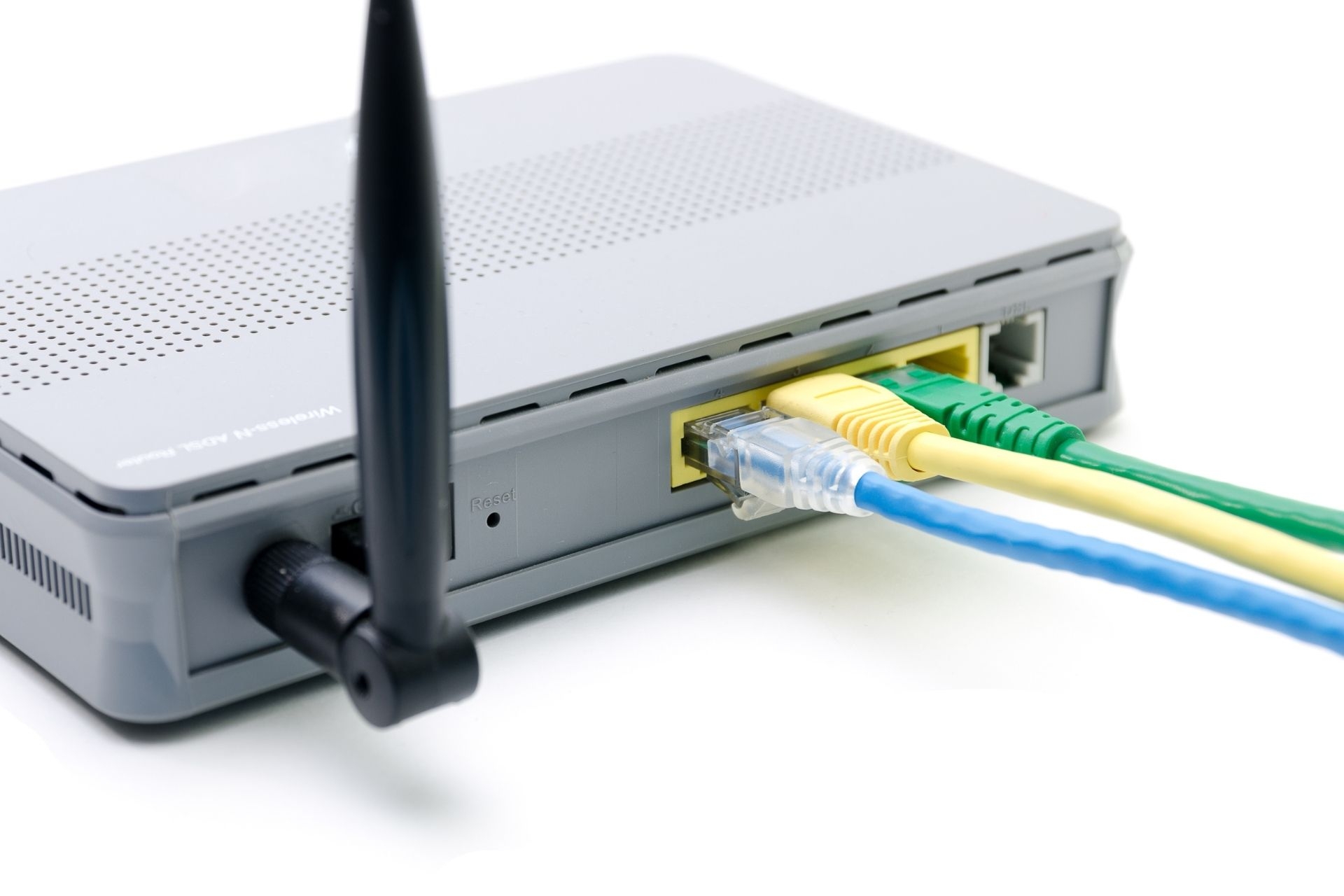Packet Filtering Appliances
How do packet filtering appliances help in preventing unauthorized access to a network?
Packet filtering appliances help prevent unauthorized access to a network by examining incoming and outgoing data packets based on predefined rules. These appliances act as gatekeepers, allowing or blocking traffic based on criteria such as IP addresses, ports, and protocols. By filtering out potentially harmful or unauthorized traffic, these appliances help enhance network security and protect against cyber threats.




